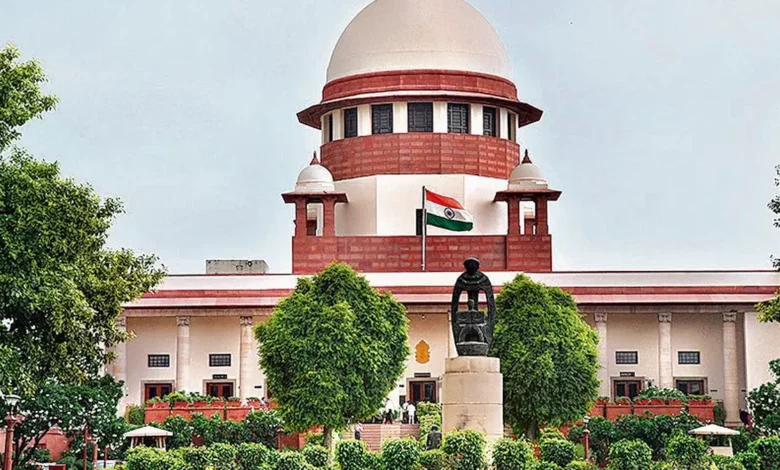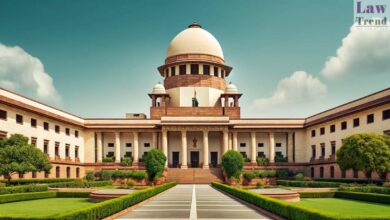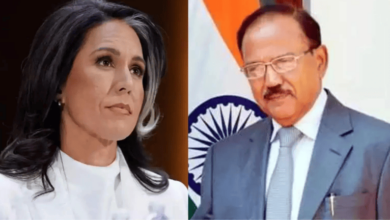
Supreme Court hears decades-old property rights case.
A nine-judge Constitution bench of the Supreme Court, led by the Chief Justice of India, DY Chandrachud, is hearing a property rights matter referred to it over three decades ago. The case originated from the Maharashtra government’s amendments allowing the takeover of certain properties for restoration with owners’ consent. Landowners challenged it, alleging untrammeled powers granted.
The amendment cited Article 39(b), which mandates that resources be distributed for the common good. Landowners appealed against the high court’s dismissal, and the matter was referred to larger benches.
In 2019, another amendment enabled forced acquisition if restoration wasn’t completed in time. Owners alleged a plan to snatch at undervaluation and hand it over to contractors.
The key question pertains to considering private property a ‘community resource’ and the State’s control over it. This involves examining Articles 31C and 39(b) relating to Directive Principles, though not justiciable but central to governance.
While rights are balanced against equity and welfare duties, arbitrary intervention may also concern courts. Amid political discourse over manifestos and allegations, the ruling impacting wealth and opportunities distribution holds significance.
Sixteen petitions were listed for final adjudication by the special bench consisting of eight judges besides CJI to conclusively interpret Constitutional provisions on the matter.



